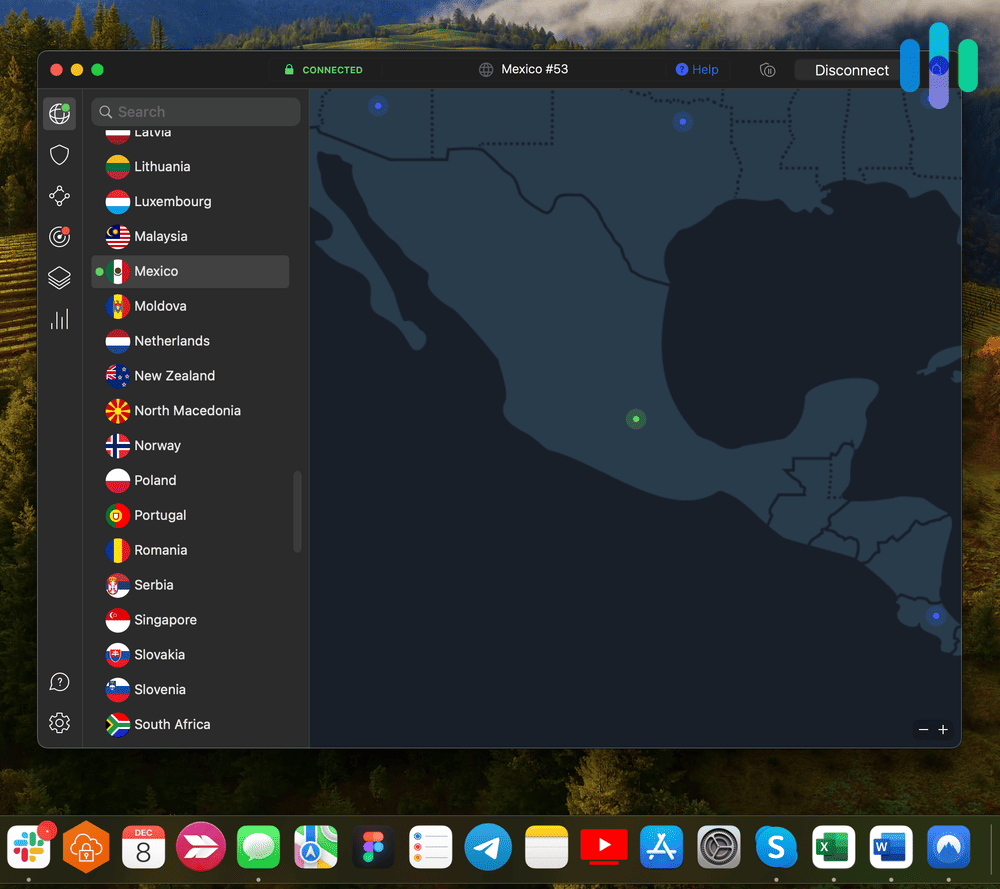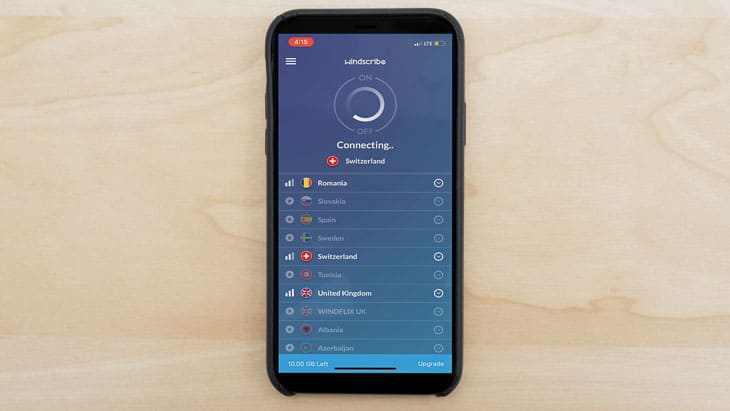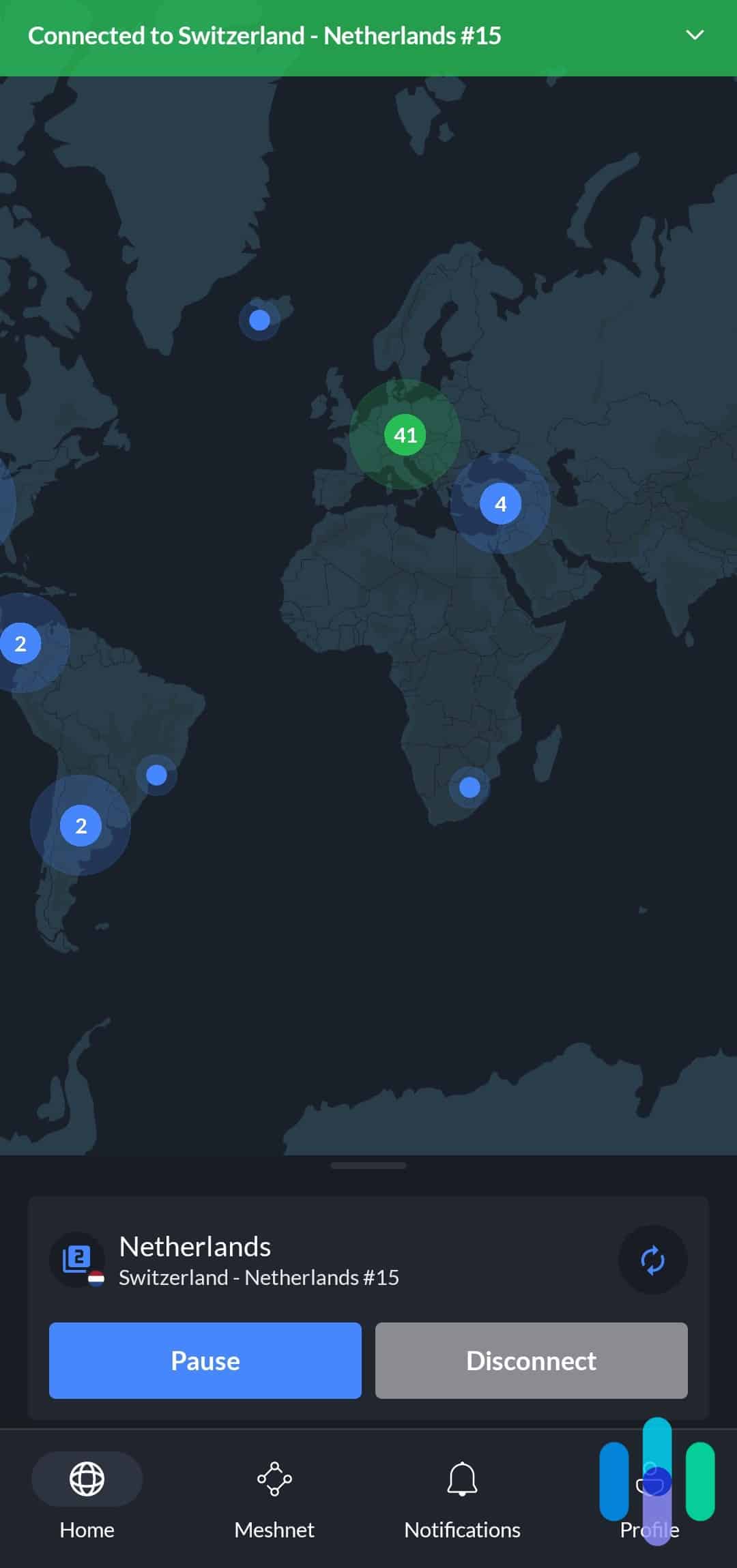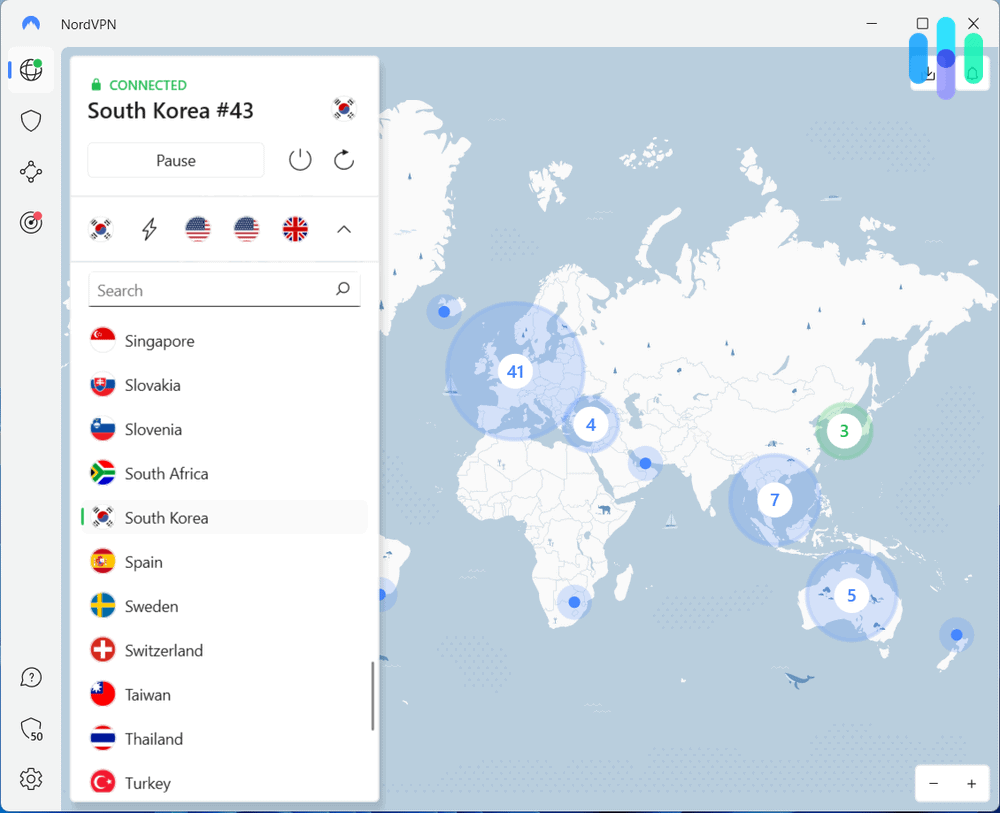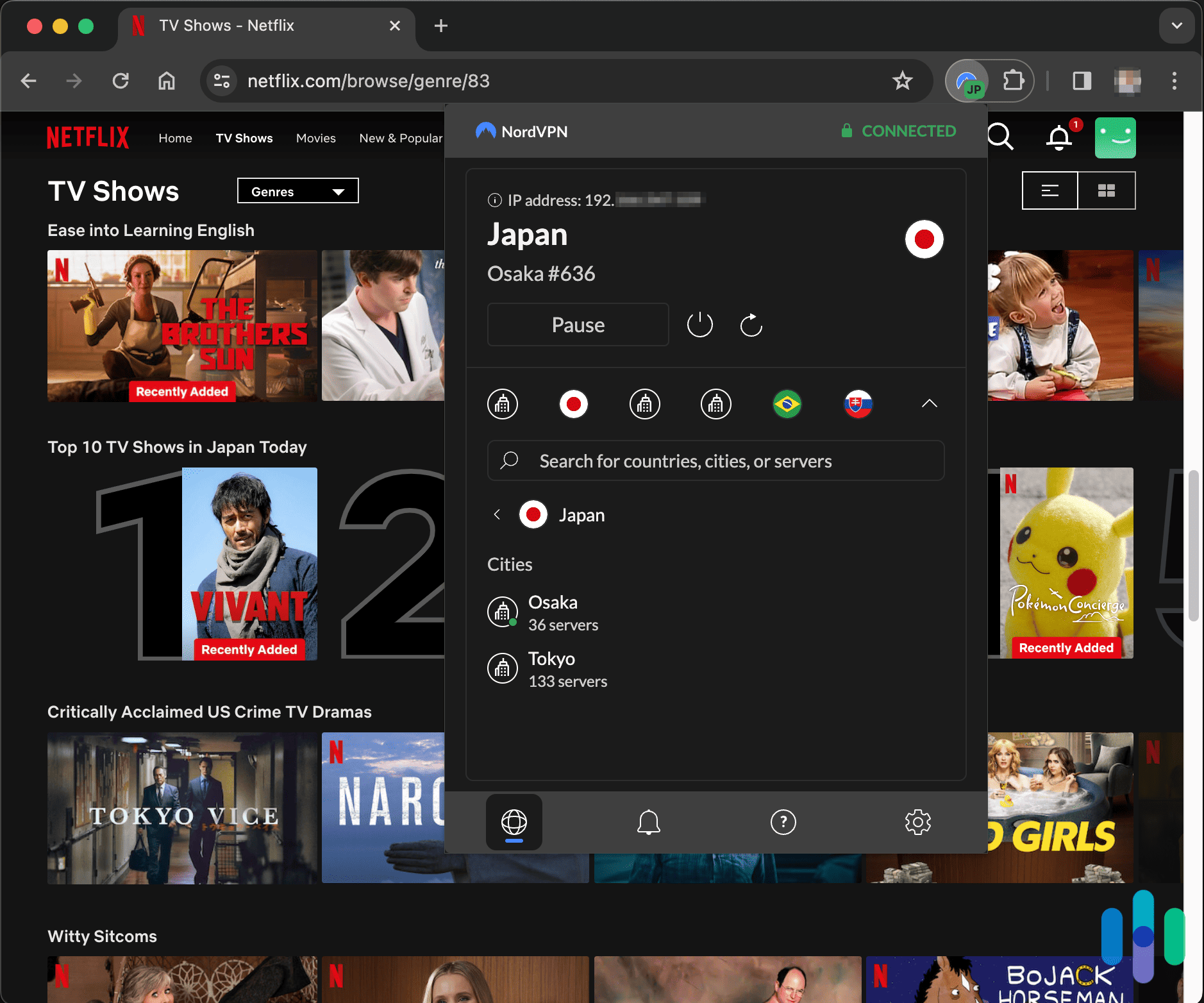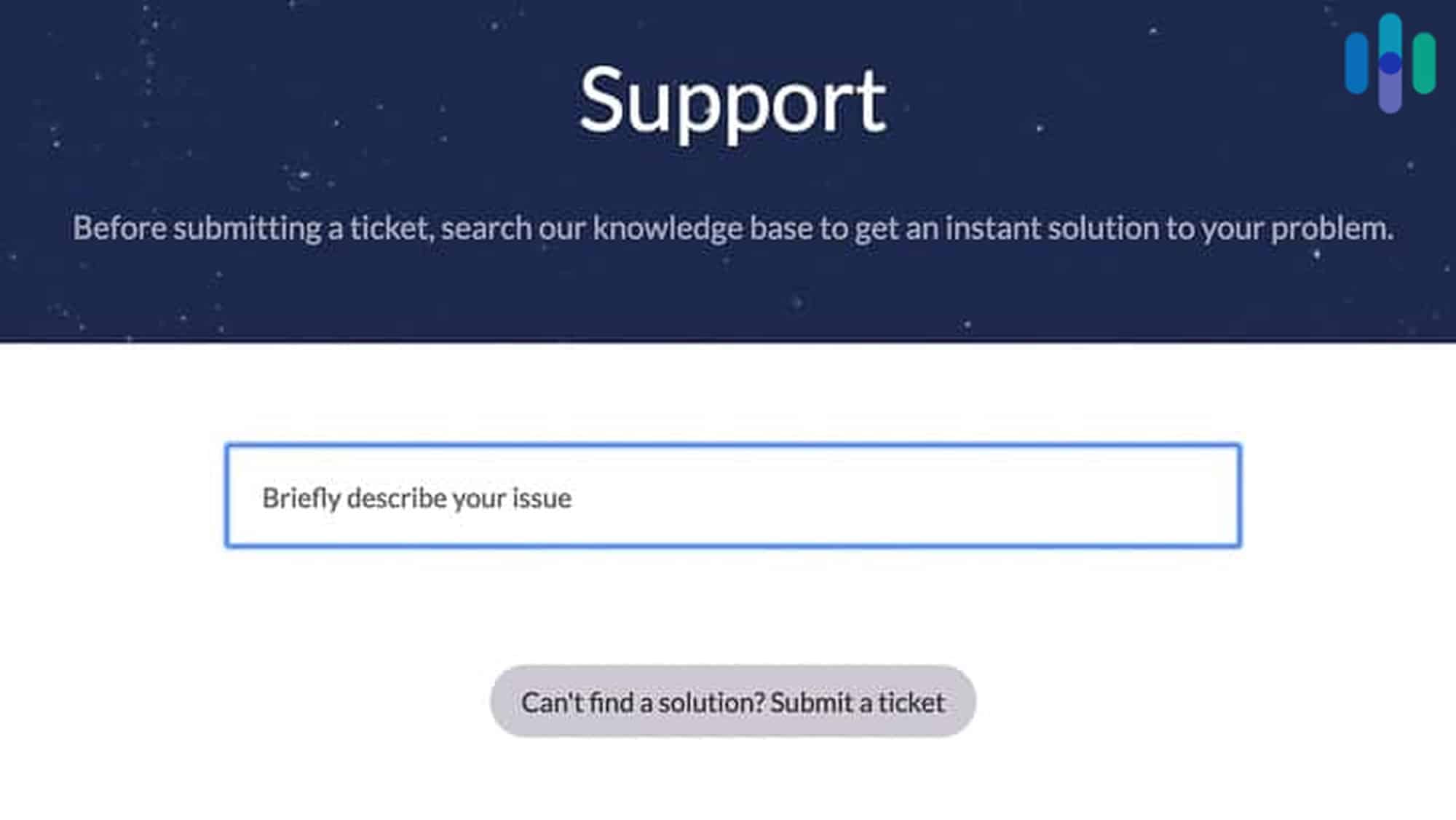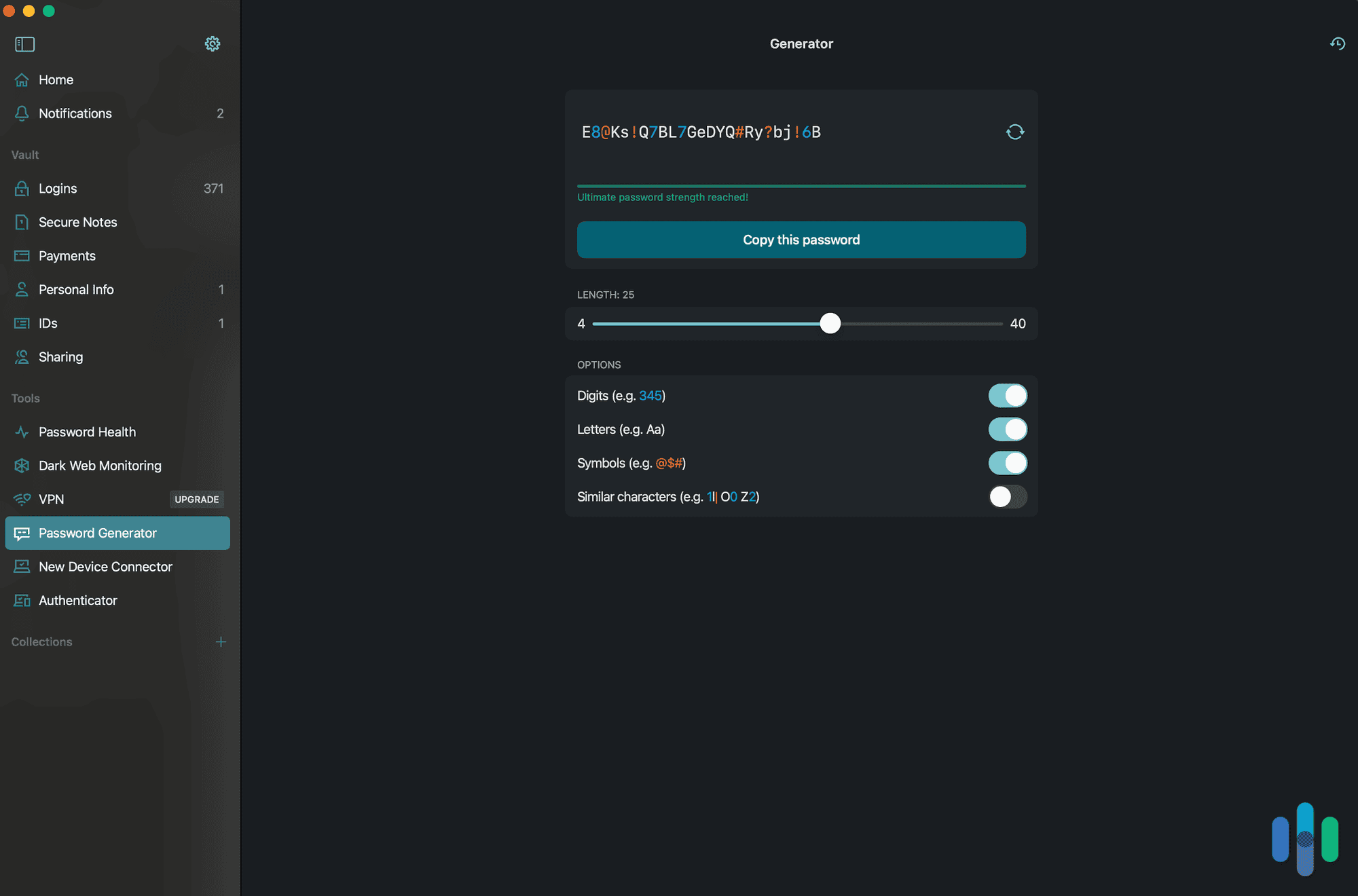Windscribe vs. NordVPN
Windscribe put up a (surprisingly) good fight, but we still recommend NordVPN over it because of NordVPNs over security and speed.


Winner
Best for Privacy

View Plans
Links to NordVPN
- A two-year plan currently costs just $3.09 per month.
- Multi-hop feature routes connection through two VPN servers and two layers of encryption.
- Over 8,000 servers spread across 126 international locations.
Most Affordable

- Netflix access in U.S and U.K
- Double-hop encryption
- Static, shared IP addresses
Citations
-
Office of the Director of National Intelligence. (2020). Five Eyes Intelligence Oversight and Review Council (FIORC).
dni.gov/index.php/ncsc-how-we-work/217-about/organization/icig-pages/2660-icig-fiorc -
Netflix. (2016). Evolving Proxy Detection as a Global Service.
about.netflix.com/en/news/evolving-proxy-detection-as-a-global-service



